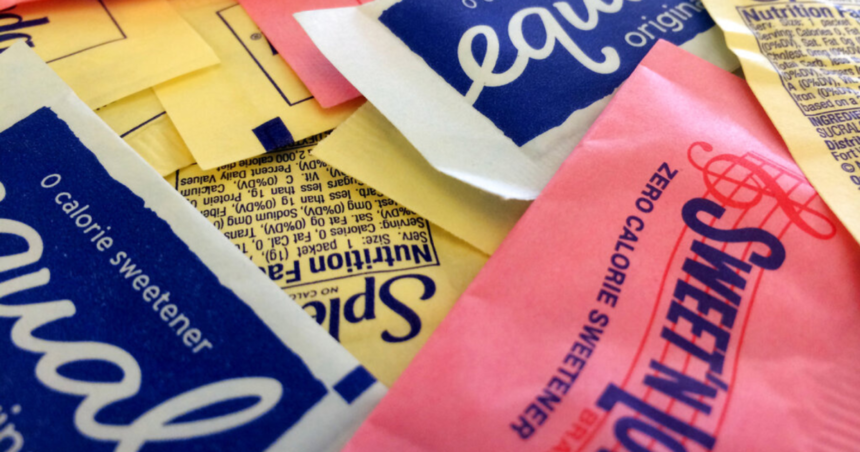A recent study has discovered that individuals who consume high amounts of the sweetener xylitol are at an increased risk of heart attacks, stroke, and mortality. The findings were published in the European Heart Journal.
Xylitol is a type of sugar alcohol that is both naturally occurring and commercially produced as a food additive to provide sweetness without causing spikes in blood sugar levels. This sweetener can be found in a variety of everyday products, ranging from toothpaste and gum to vitamins and reduced-sugar foods.
If you are monitoring your sugar intake, you may have noticed xylitol listed on the labels of packaged foods as “calorie free” or suitable for keto or diabetes diets.
Researchers conducted an analysis of over 3,000 individuals’ blood tests and observed that those with higher xylitol levels were more prone to experiencing heart attacks or strokes within a three-year period. Additionally, individuals who consumed a beverage sweetened with 30 grams of xylitol were significantly more susceptible to developing blood clots.
“This substance is essentially made from sawdust, you know, wood pulp. It’s deceptive,” stated Dr. Stanley Hazen, co-section head of preventive cardiology at Cleveland Clinic and co-author of the study, in an interview with Scripps News.
Health
Eating highly processed foods can cause early death, study finds
11:07 AM, May 09, 2024
Hazen cautions that individuals who regularly consume high quantities of xylitol, such as diabetics, are at a heightened risk.
“When considering someone with an increased risk of cardiac disease, sugar is a safer option than sugar alcohol,” he emphasized.
Hazen highlighted that toothpaste and gum, which use xylitol for preventing cavities, do not pose the same level of risk since the xylitol content is minimal, and these products are typically spit out.
Although the FDA considers sugar alcohols to be “generally recognized as safe,” Hazen recommends removing them from diets.
“To consume a diabetic cookie or candy and experience a few hours of high xylitol levels is risky, and I would advise complete avoidance,” he added.
Last year, the same researchers identified similar outcomes for another low-calorie sweetener known as erythritol, but they stress the need for further investigations to assess the safety risks of sugar alcohols.
The World Health Organization also cautioned last year that prolonged use of non-sugar sweeteners could elevate the risk of developing Type 2 diabetes, heart disease, and mortality.





